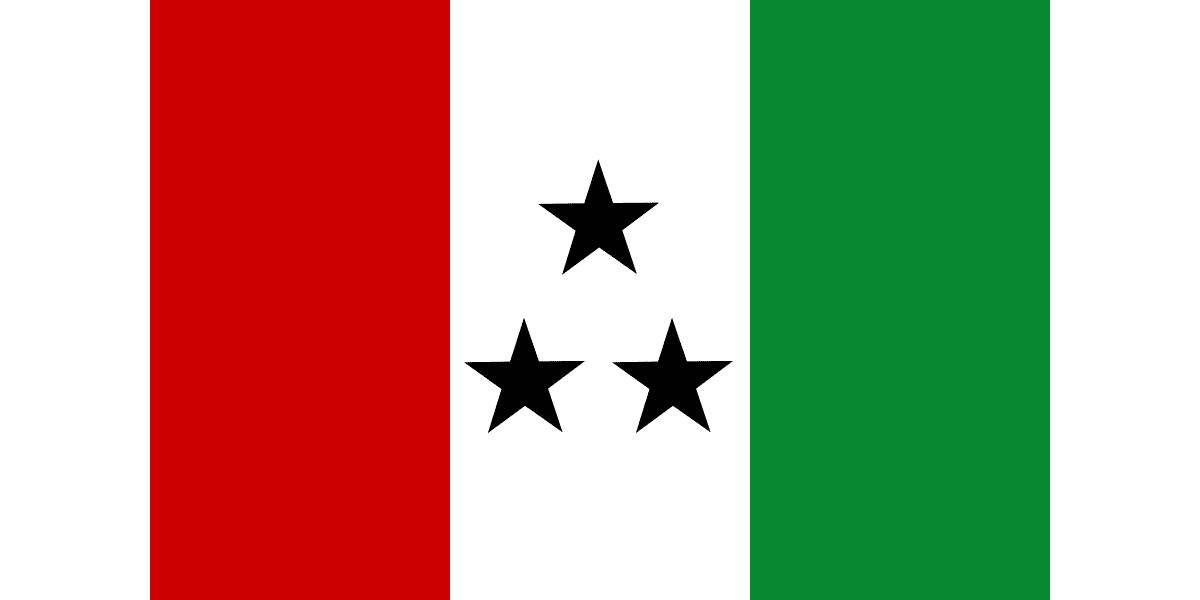The Ngäbe indigenous population received a certificate after training from the University of Costa Rica in first aid and infectious diseases. The 15 trained indigenous people will work in the Casas de la Alegría, a day-care center for Ngäbe indigenous children.
“This is the first time I have a certificate with UCR, which is very nice and important. I had to walk and take a bus and a cab, but I learned exciting things that helped me a lot because they asked for first aid in several institutions. So many doors have opened for me,” indicated Laura Julissa Vidal Contrera.
The young woman, only 18 years old, is already one of the 15 Ngäbe indigenous people of San Vito de Coto Brus who, for the first time, have received a training certificate from the University of Costa Rica (UCR) in first aid and infectious diseases.
This group of 15 indigenous people is the first to obtain this certificate. With their 12-hour training, they will be able to help almost 500 children from their village.
“If it hadn’t been for UCR, I wouldn’t have been able to take a course like this. Now I know how to treat people who need help and what to do if a baby is choking. I am very grateful to have taken this course,” Vidal added.
The Casas de la Alegría provide shelter for the children of Nägbe families from Panama and Costa Rica who come each year to work in the coffee harvest. These houses are generally located on coffee farms near the border with Panama.
Children are cared for and protected while, at the same time, their diet is stimulated, their health is strengthened, and their neurodevelopment is enhanced.
A considerable increase in the number of the trained population ensures the continued protection of children in the event of an emergency.
“We focused on training the caregivers of the Casas de la Alegría because they are in charge of safeguarding the integrity of the Ngäbe children who travel to this area during the coffee harvest season. The caregivers can be in charge of up to 50 children,” explained Dr. Jean Carlo Segura Aparicio, UCR physician.






